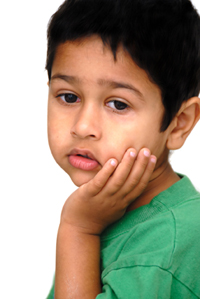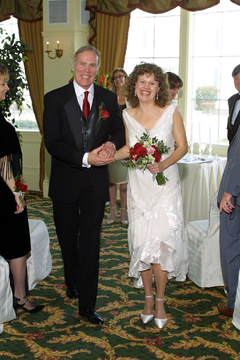
Scientists once thought our genetic blueprint was carved in stone — whatever we inherited from our parents was with us for life.
Research over the last few years, however, indicates that this is not the case. Genes can be modified by experience through processes referred to as “epigenetic.” This is especially true during childhood.
Recent research shows that childhood events, such as the family’s socioeconomic status or the absence of a parent, can alter genes responsible for regulating inflammation.
Experiences in childhood can alter your DNA for the rest of your life, on ScienceAlert.com.
This study dovetails with earlier research showing that child abuse also affects DNA. According to Reuters:
“The researchers found that children who had been abused had extra methylation at three sites along the DNA and had less than the other kids at a fourth site. The changes suggest the GR gene might be silenced when it should normally be active and might be over-active in other circumstances.”
DNA changes linked to health effects of childhood abuse, on Reuters.com.
So why am I writing about this on Lovefraud? Because if you’ve had children with someone who you now believe is a sociopath, your children may have inherited a predisposition to becoming disordered as well. But the right kind of parenting could mitigate their genetic risk.
This is why the Lovefraud CE webinar, Overcoming Children’s Genetic Risk for Externalizing Disorders, presented by Dr. Liane Leedom, is so important. The complete four-part series is geared towards therapists and offers four continuing education credits.
However, Part 4 — Brain systems, social learning and the Inner Triangle, provides information that any parent can use to help their children. If you’ve had children with a sociopath, I highly recommend the information in this webinar.




































 5 steps to recovery from the sociopath (they’re not fast or easy, but the healing is real)
5 steps to recovery from the sociopath (they’re not fast or easy, but the healing is real)